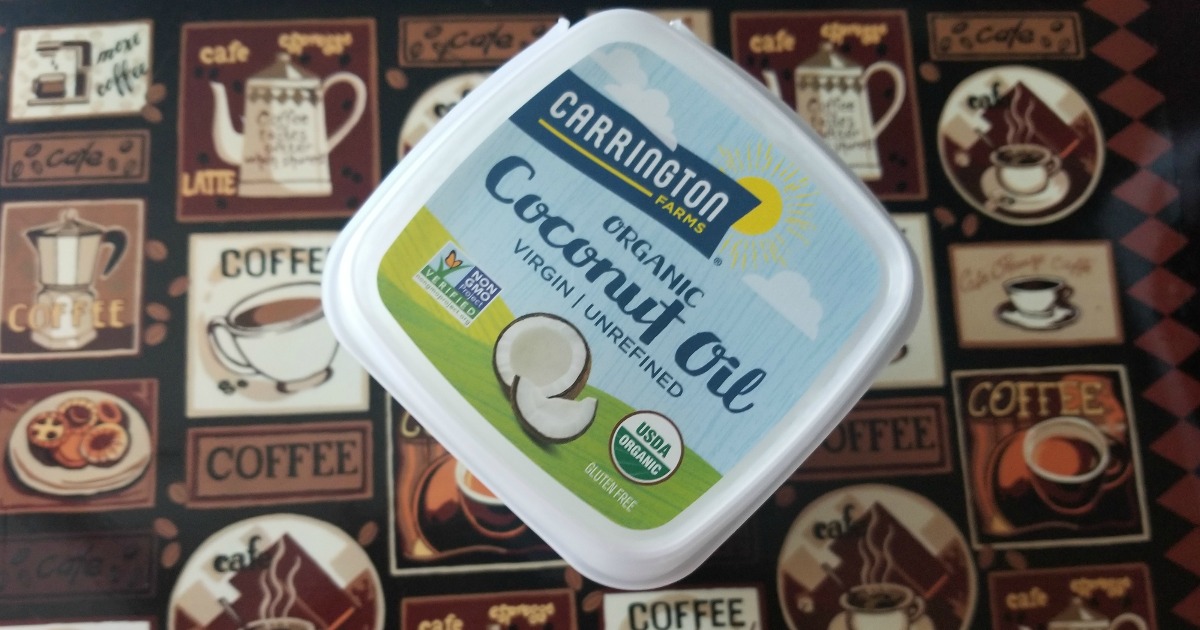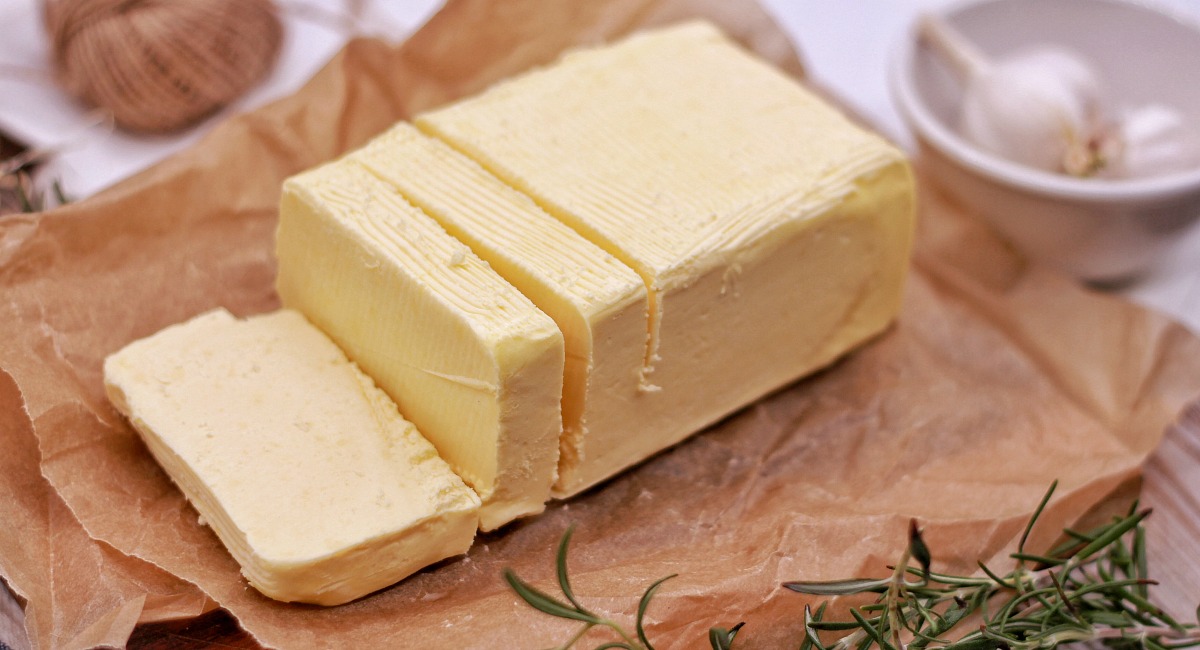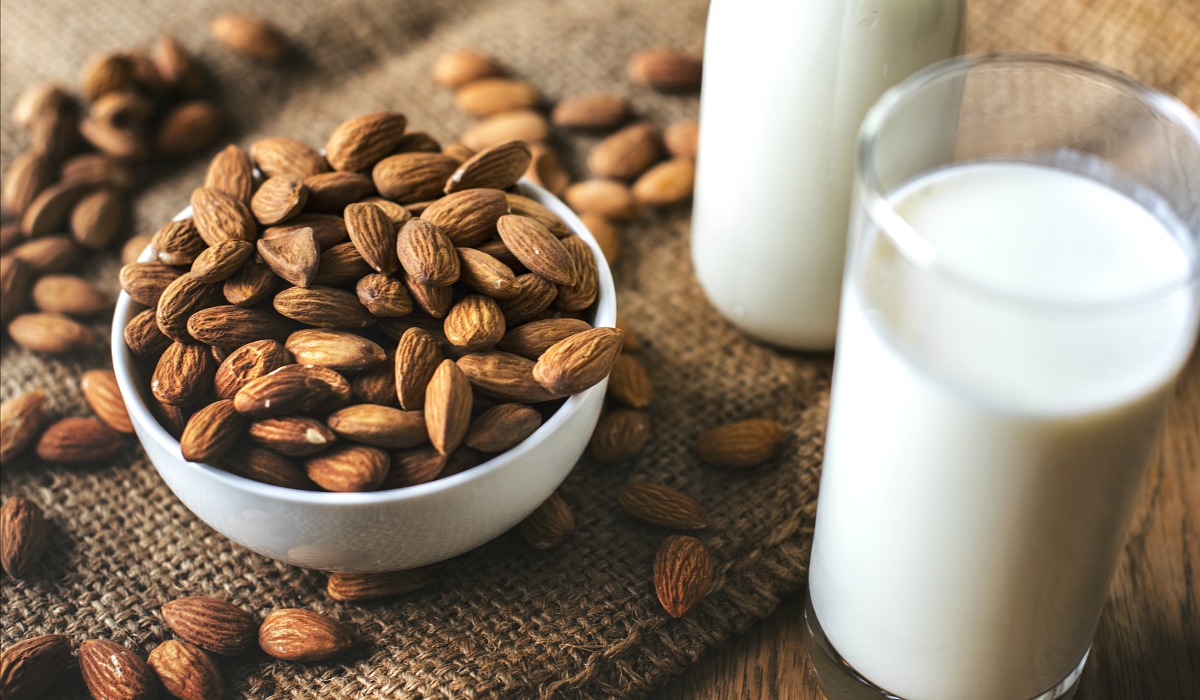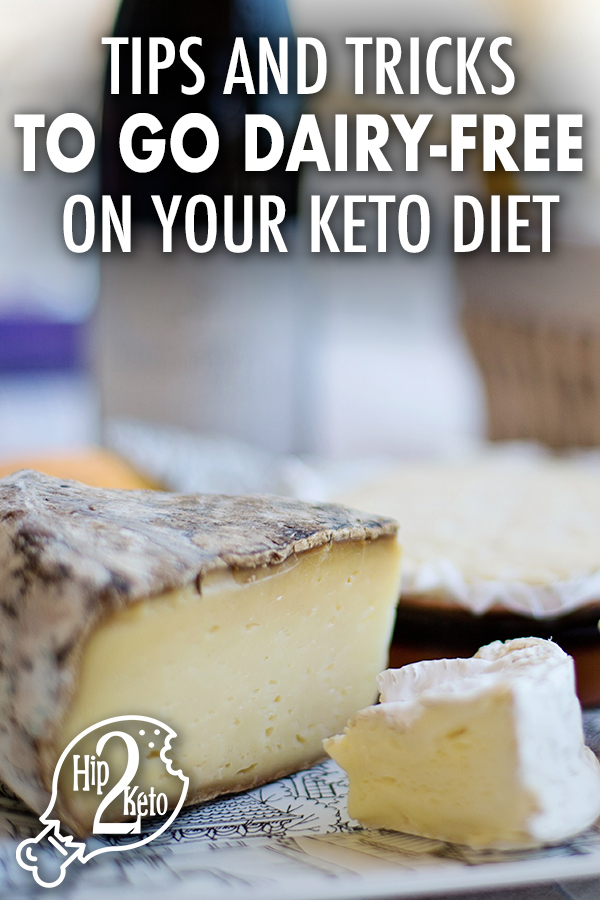Tips for Doing Keto with Lactose Intolerance or Dairy Allergies

Lactose and general dairy intolerances and/or allergies are not uncommon.
In fact, many keto people are sensitive to lactose (and sometimes milk proteins, including casein and whey). And, due to their high-fat, low-carb nature, dairy products like heavy cream, sour cream, cheeses, and certain low-carb yogurts are often consumed in greater quantities on a ketogenic (keto) diet.

Lactose- & Dairy-Free Keto Substitutes
Fortunately, there are several dairy substitutes available that will allow you to stay and live a dairy-free keto life! These include:
- Butter alternatives: Coconut oil, olive oil, avocado oil, vegan butter, cocoa butter, coconut butter, ghee (may have trace amounts of milk protein or lactose)
- Cream alternatives: Coconut cream
- Milk alternatives: Unsweetened nut-milk beverages like almond, cashew, and coconut
- Ice cream alternatives: Coconut ice cream-low carb versions for keto
- Yogurt alternatives: Nut-based yogurts (coconut, cashew, etc)
- Sour cream alternatives: Vegan or coconut yogurt, cashew sour cream
- Cheese alternatives: Vegan cheeses
- Protein powders (whey and casein-based) alternatives: Beef protein, egg white protein, and pea protein powders
Should you go lactose- or dairy-free?

Some people may have lactose or milk-protein intolerance without even knowing it. If your body struggles to tolerate a specific food, chronic ingestion of that food leads to inflammation of the gut and poor absorption of nutrients. If you’ve been following a well-formulated keto diet for a couple of months and still find yourself struggling to lose weight, lack energy, experience headaches, brain fog, and/or persistent digestion issues, you may want to consider troubleshooting your diet through a dairy elimination trial.
Symptoms of dairy intolerance may include:
- Abdominal cramps
- Bloating
- Diarrhea
- Constipation
- Indigestion
- Gas (burping and flatulence)
- Other: headaches, fatigue, eczema, brain-fog, mouth ulcers
Symptoms of a milk allergy:
- Rash/eczema
- Asthma
- Vomiting/diarrhea/stomach pain
- Anaphylaxis
These symptoms are most common in infants and children and are typically outgrown by 3-5 years of age.
How to try a 1-month lactose- and dairy-free diet

If you’re unsure whether or not you have a lactose or dairy intolerance, try removing it for one month. This will allow enough time for the gut to heal and lingering side-effects to resolve. After a month, and depending on how you feel, you can try slowly adding back small quantities of high-fat, low-lactose dairy products like heavy cream and cheese. Observe if you feel better, worse, or the same. Depending on your response, you can start adding in other forms of dairy, like sour cream and soft cheese. If symptoms return, well… there’s your answer.
Take note that many people who have a previous dairy or lactose intolerance can often tolerate high-fat versions commonly found on keto like heavy cream, hard cheeses, and ghee. Many high-fat dairy products contain minimal lactose, so if you’re not entirely ready to give up on dairy, troubleshoot with lower-lactose versions and see how you feel before removing it altogether.
Remember, keto is about replacing, not restricting. Don’t be afraid to troubleshoot and customize to find YOUR best keto!
Find out who has the lowest prices on keto dairy products!





I’m on my first day of a low carb diet. I am lactose intolerant so I came here for advice about lactose intolerant dairy products. Do you have a % guideline of sorts? I noticed on the LF products in my fridge; milk, cheese & yoghurt, that they all have 2% carbs, which is lower than the regular milk, yoghurt and cheese in my fridge, all full-fat products. I assume this is because lactose is a sugar and likely the main culprit of carbs in dairy products.
I guess I’m wondering if LF is better than regular dairy products on a low carb diet?
Hi Bekki! Be sure to ditch any of the low-fat dairy products like milk and yogurts as they usually contain higher amounts of sugar. Instead you could sub coconut milk and/or unsweetened almond milk.
If you are lactose intolerant, a great sub for butter is Ghee since the milk solids have been removed.
If you’d like to enjoy cheese on occasion, the long-aged hard cheeses have the least amount of lactose – such as Parmesan, Swiss etc.
Hoping this helps!
Consuming ghee gave me more severe symptoms of lactose intolerance.
What about heavy cream? Is it high lactose? Of course it is. Just finished my colonoscopy. He said I was lactose intolerant. Heavy cream is a mainstay in my keto diet. I do almond milk. Any ideas.
Heavy cream is a high-fat product that contains almost no lactose. Using small amounts of heavy cream should be tolerable for most people who are lactose intolerant.